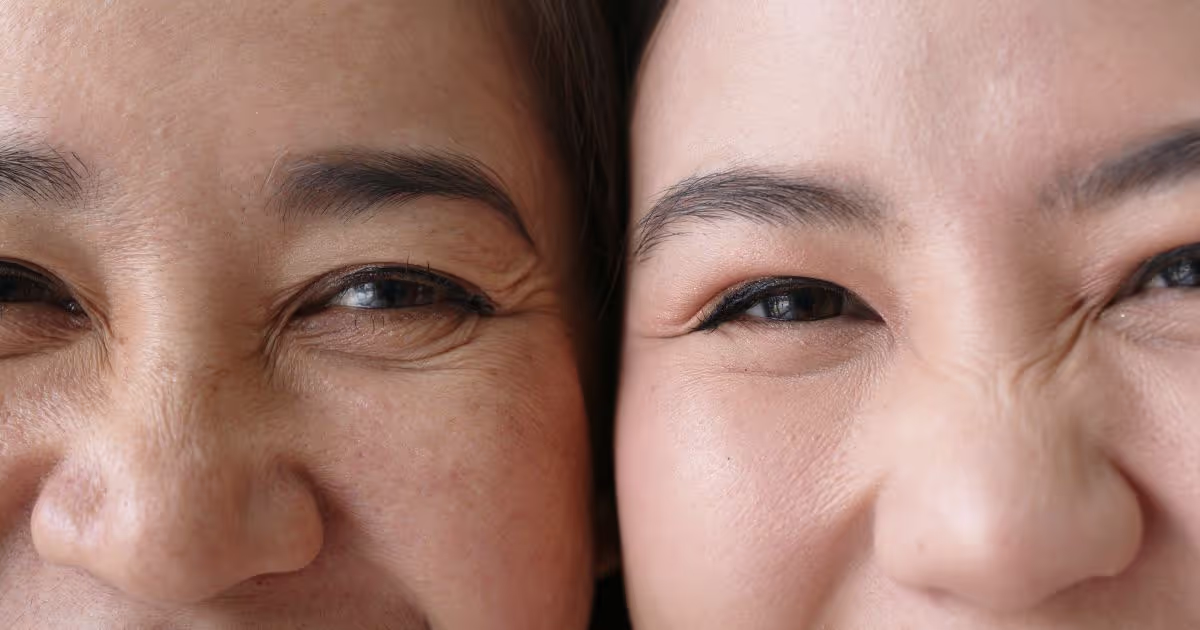Ptosis
Anyone, regardless of age or gender can develop ptosis. It can happen to one or both eyelids. Some people may have it at birth, while others have it when they get older or have underlying medical conditions.
Symptoms
- You have one or both saggy upper eyelids, which may affect your vision.
- You have a fatigued facial expression all the time.
- You must tilt your head to see better.
Causes
- Underdevelopment of the levator muscle is the cause of congenital ptosis in children. This condition can also lead to amblyopia or lazy eye, which affects visual acuity.
- The natural aging process can cause the levator muscle, which is responsible for raising your eyelids, to stretch and cause drooping eyelids.
- Illnesses such as stroke, brain tumor, or cancer of the nerves or muscles -- neuromuscular disorders such as myasthenia gravis can weaken the muscles controlling the eyes, leading to ptosis
- The weight of the hordeolum and the swelling can temporarily cause your eyelids to droop.
- Accidents that affect nerves or muscles can lead to ptosis.
- Sequelae from multiple eye surgeries.
Diagnosis
- History taking and physical exam to check for causes of ptosis and how long you have had the condition.
- Slit lamp examination.
- Ice test and serological test in suspected myasthenia gravis patients.
Treatment
- Surgery: Ptosis surgery may be advisable if you have congenital or age-related droopy eyelids. It can reduce eye drooping by tightening the levator muscle and lifting the eyelids to an appropriate height. Surgical treatment can help prevent amblyopia in young children. Possible risks of this treatment modality include a scratched cornea, hematoma, and dry eye.
Another surgical method is frontalis suspension, using sling-type materials to enhance eyelid elevation.
If the symptoms are mild and do not affect your daily life, doctors may suggest regular monitoring, followed by surgery when the symptoms become severe.
Prevention
Droopy eyelid is not preventable. But a regular eye exam can help recognize the signs and symptoms of ptosis at the early stage. Early proper treatment can prevent the aggravation of the condition. If your ptosis results from illnesses such as stroke or myasthenia gravis, it can resolve after treatments of those conditions.





